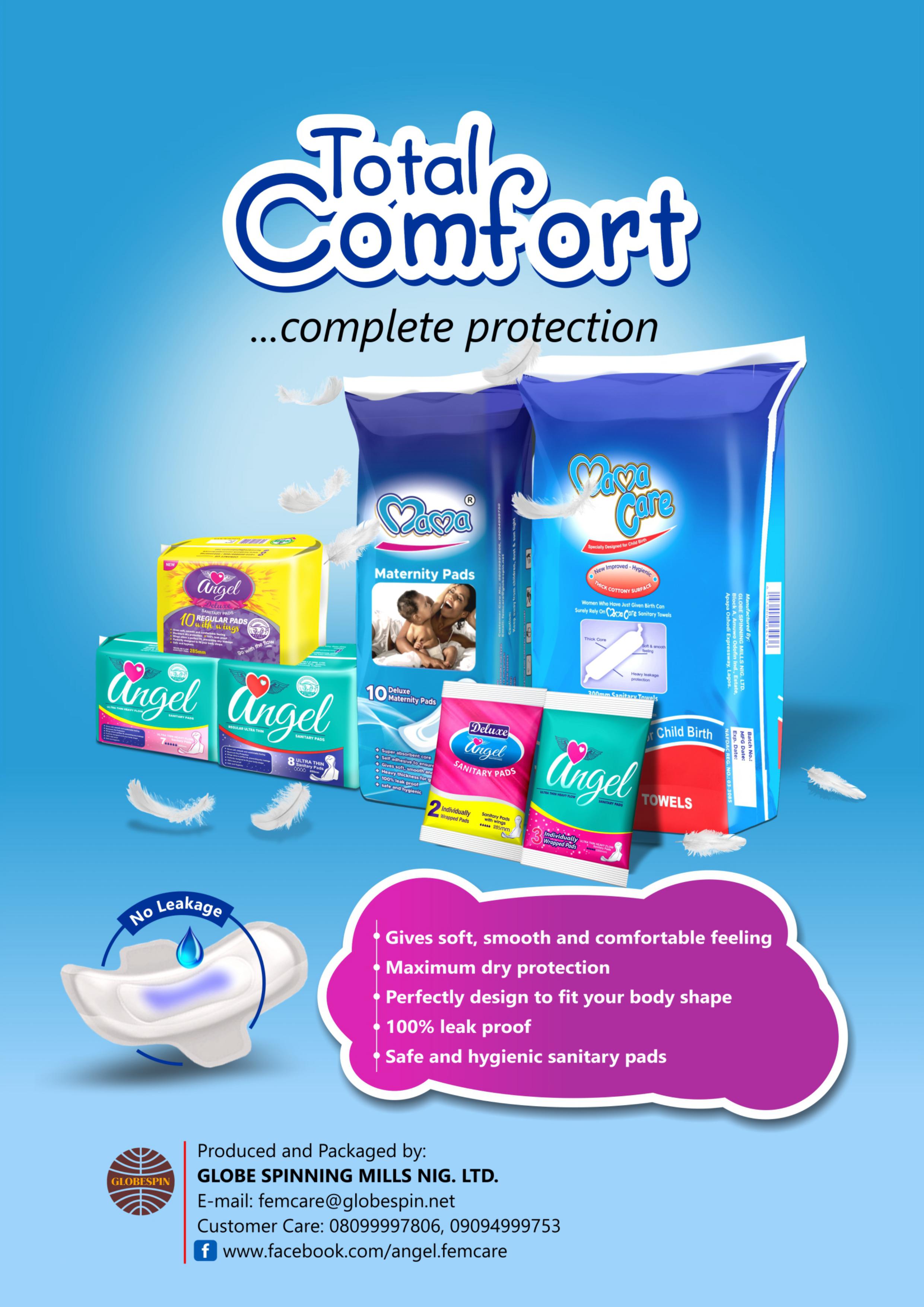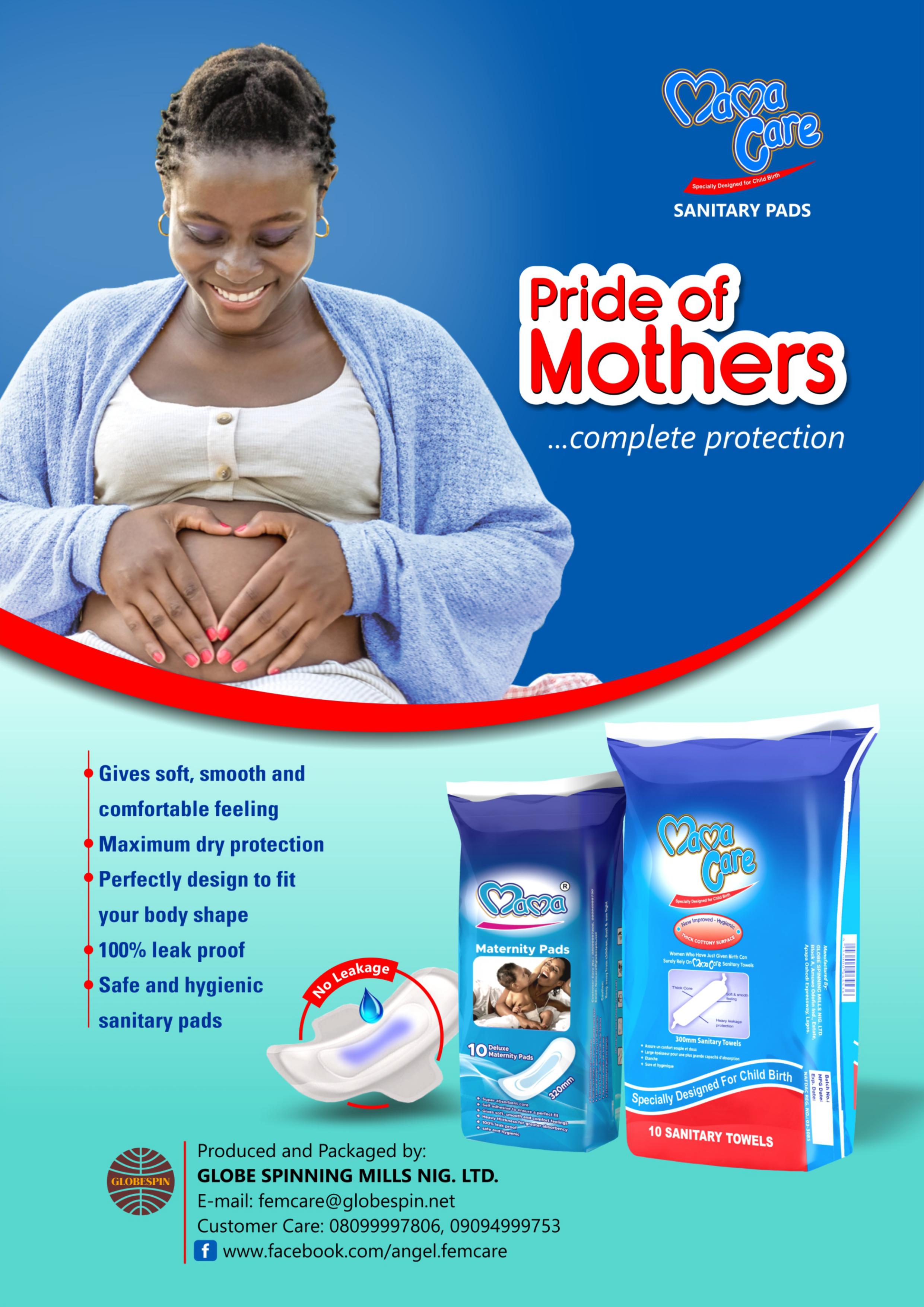
Your menstrual cycle is a complex and natural process that involves various hormonal changes in your body. Here's a simplified breakdown:
The cycle begins on the first day of your period when your uterine lining sheds. Bleeding typically lasts 3-5 days.
Your body starts preparing for ovulation by developing follicles in the ovaries. Estrogen levels rise, and the uterine lining thickens.
A mature egg is released from the ovary into the fallopian tube. This is the most fertile period.
After ovulation, the empty follicle transforms into the corpus luteum, producing progesterone. If pregnancy doesn't occur, hormone levels drop, leading to the next period.
We hosts an active and welcoming online community where girls and parents can connect, share experiences, and seek advice
We are committed to ensuring that girls have access to quality menstrual products, regardless of their circumstances like:
Product DonationsBeyond the physical aspects of menstruation, [Your Brand Name] focuses on empowering girls to embrace this natural phase of life with confidence and pride:
Self-Care PracticesWe are committed to advocating for and implementing initiatives to keep girls in school. This commitment is not just about education; it's about unlocking the full potential of girls and creating a brighter future for all.
Education empowers girls to dream big, set goals, and achieve them. It is a cornerstone of gender equality. When girls are educated, they have a greater say in their futures, their communities, and the world at large
Educated girls are more likely to make informed decisions about their health, including reproductive health. They have access to critical information that can help prevent early pregnancies and improve maternal and child health.
Your menstrual cycle is a complex and natural process that involves various hormonal changes in your body. Here's a simplified breakdown:
The cycle begins on the first day of your period when your uterine lining sheds. Bleeding typically lasts 3-5 days.
Your body starts preparing for ovulation by developing follicles in the ovaries. Estrogen levels rise, and the uterine lining thickens.
A mature egg is released from the ovary into the fallopian tube. This is the most fertile period.
After ovulation, the empty follicle transforms into the corpus luteum, producing progesterone. If pregnancy doesn't occur, hormone levels drop, leading to the next period.


